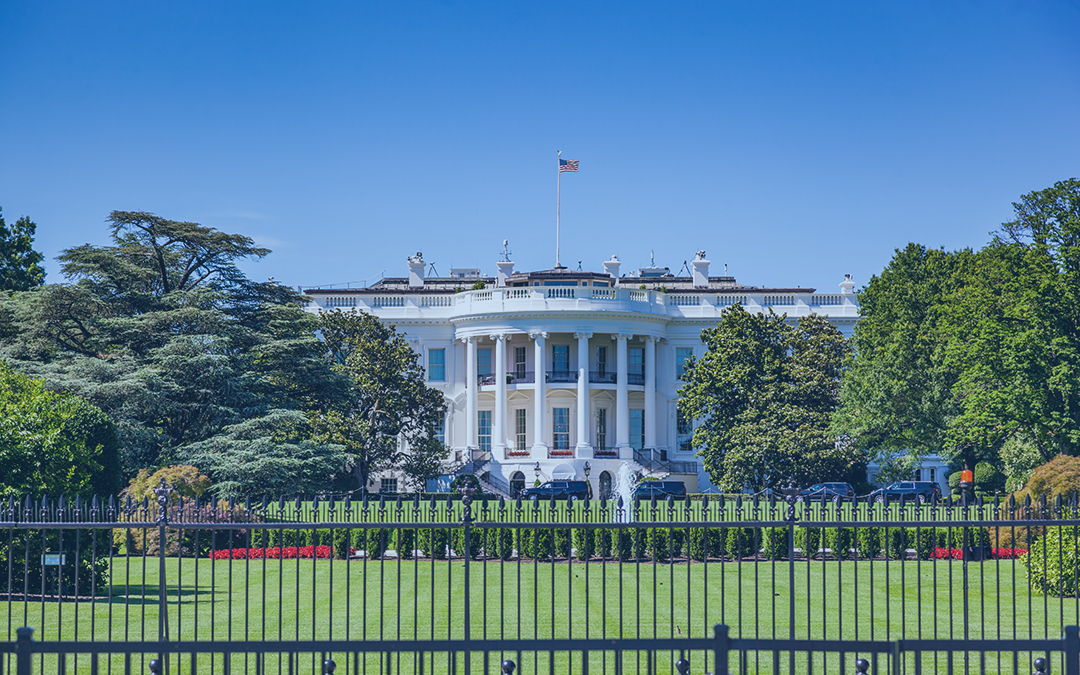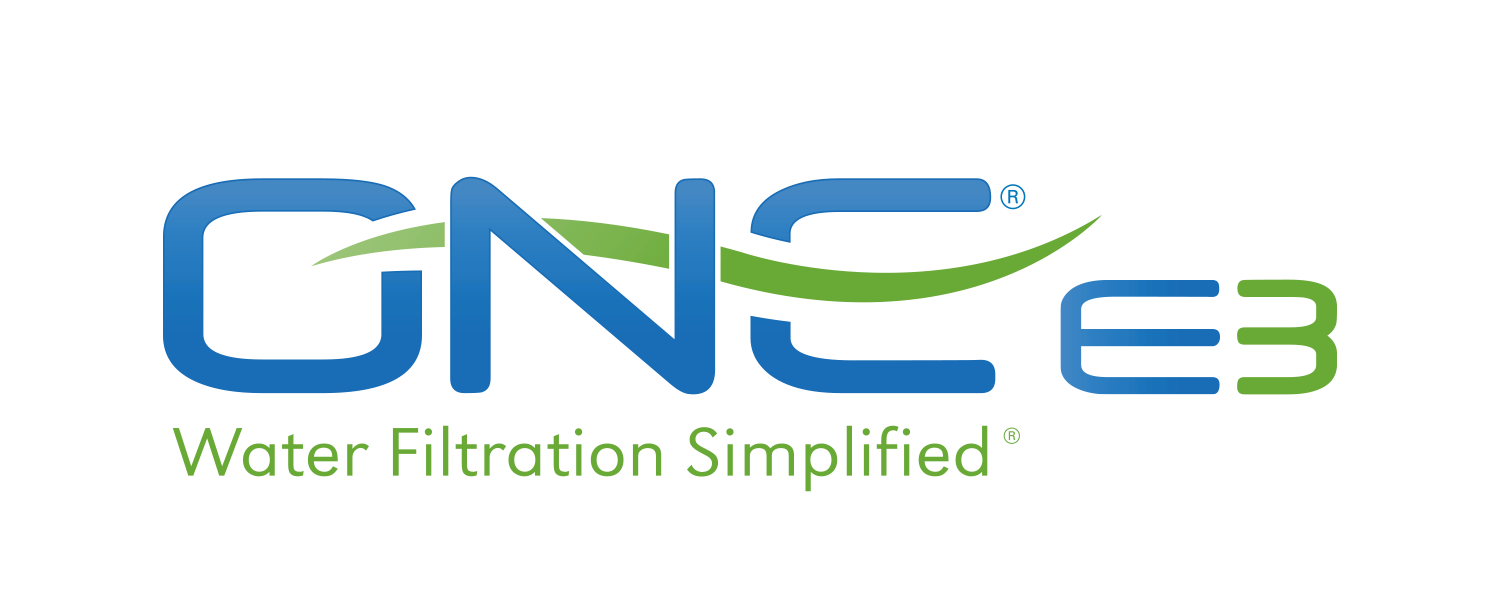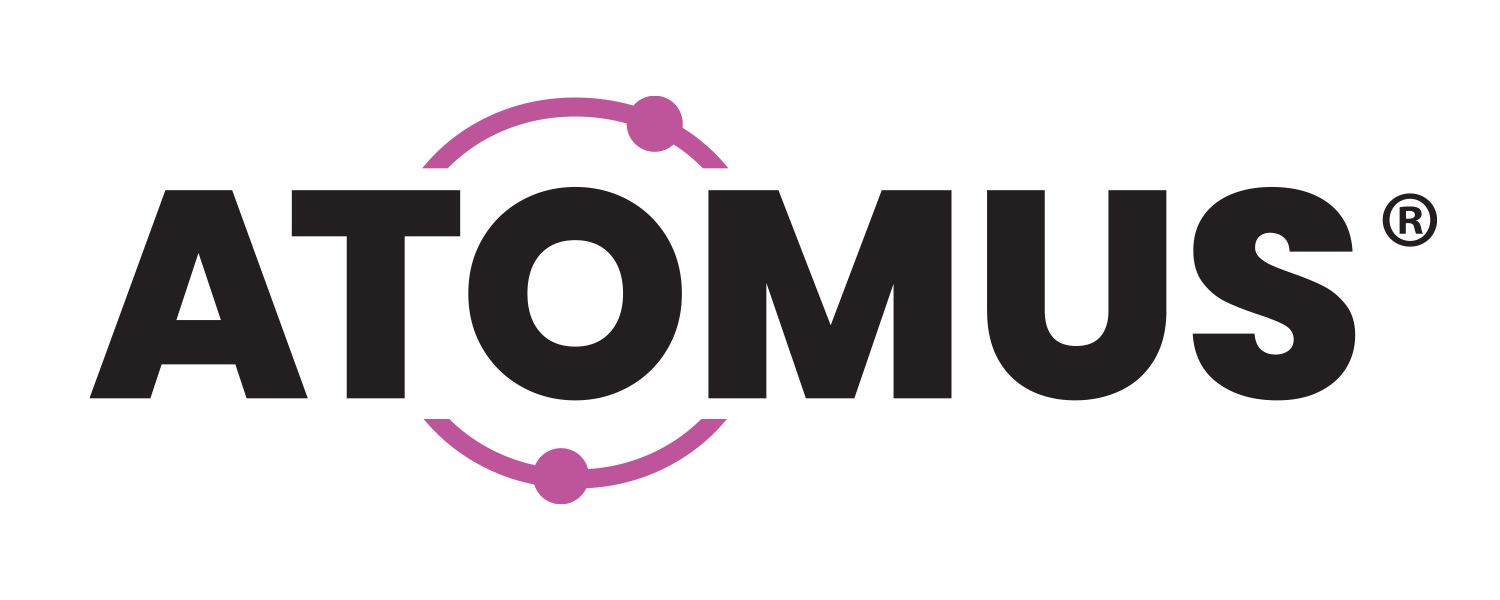The PFAS Action Act of 2019 was introduced in February of 2019. The bill is sponsored by congresswoman Debbie Dingell and asks, “To require the Administrator of the Environmental Protection Agency (EPA) to designate per- and polyfluoroalkyl substances as hazardous substances under the Comprehensive Environmental Response, Compensation, and Liability Act of 1980, and for other purposes.” According to Govtrack, the bill has a 3% chance of being enacted.
The White House released a statement on January 7, 2020 saying, “The Administration strongly opposes passage of H.R. 535, The PFAS Action Act of 2019.” They explain, the bill is too expensive and poses “considerable litigation risk.” The Administration also goes on to say President Trump would likely veto H.R. 535.
EPA administrator, Andrew Wheeler, states in a press release, “The EPA is continuing to aggressively implement our PFAS Action Plan – the most comprehensive cross-agency plan ever to address an emerging chemical of concern.” The release goes on to explain the EPA’s ongoing investigation into PFAS contamination across the country.
PFAS (per- and polyfluoroalkyl substances) are man made chemicals that cannot be broken down in nature. These chemicals can be found in drinking water and various packaging products. Many believe they pose a threat to human health and can lead to cancer and disease. Newsweek quotes Dingell, saying, “PFAS is a clear threat to human health and our environment.”



